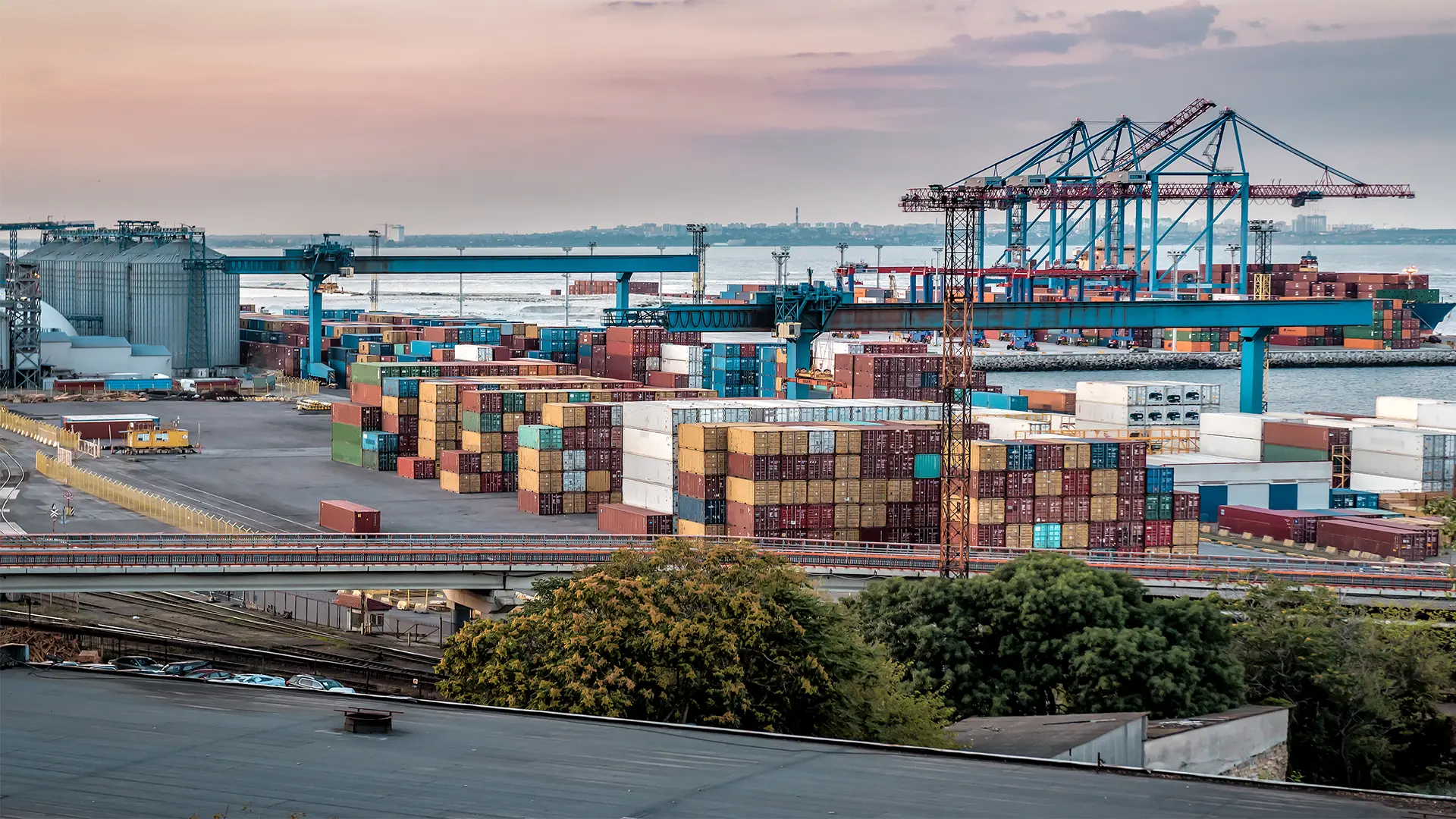
Definition
The T1 document is an official customs document used by the European Union (EU) to track and control the movement of goods between EU member states and non-EU countries. It is a transit document that is required for the transportation of goods through multiple countries before reaching their final destination.
Purpose
The main purpose of the T1 document is to ensure that goods are transported in a secure and controlled manner, and that all applicable taxes and duties are paid. It also serves as a proof of the origin and status of goods, and helps to prevent fraud and illegal trade activities.
Issuing Authority
The T1 document is issued by the customs authorities of the EU member state where the goods are being exported from. It is also known as the ‘ export declaration’ and is valid for one year from the date of issue.
Contents
The T1 document contains detailed information about the goods being transported, including their description, quantity, value, and country of origin. It also includes the names and addresses of the exporter and importer, as well as the route and means of transport.
Usage
The T1 document must be presented to the customs authorities at each border crossing along the designated route. It is used to declare the goods and their intended destination, and to pay any applicable duties and taxes. The document is also used to track the movement of goods and ensure that they reach their final destination as declared.
Penalties
Failing to present a valid T1 document or providing false information on the document can result in penalties, including fines and delays in the transportation of goods. In some cases, the goods may be seized by customs authorities.
Conclusion
The T1 document is an important document for the EU as it helps to regulate and monitor the movement of goods within its borders. It ensures that goods are transported legally and that all applicable taxes and duties are paid, contributing to the overall economic stability and security of the EU.